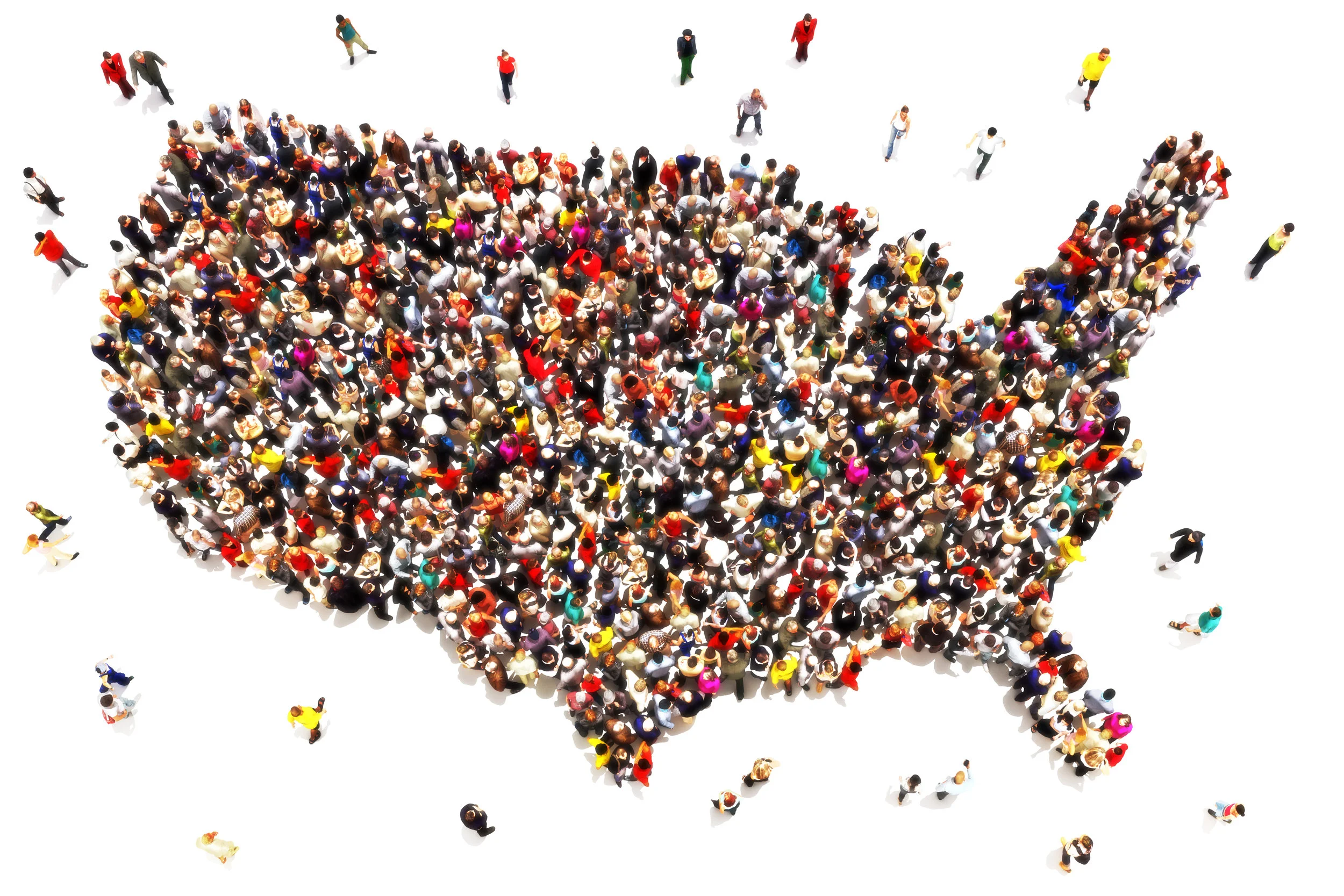As everyone probably knows, in seeking the 270 electoral votes, both parties' candidates in the general election take for granted more than 40 states, where more than 80% of Americans live.
Nevertheless, some people assert that this skewed game makes candidates pay attention to small states and the Midwest. That was demolished succinctly last night by a respected Republican strategist:
In just the last day numerous presidential candidates have inveighed against the current system. They all grasp that no one in the country really wants the presidential election in 2020 to be determined by the two parties spending two or $3 billion on trying to persuade voters in just five or six states.
Well, there is an exception. One presidential candidate tweeted that if every vote in the country mattered, and were counted equally to pick the president, then the candidates would ignore all small states and all states in the Midwest.
The idea that with a national popular vote system the parties would pay no attention to voters in the Midwest or Great Plains is about as logical as saying that Amazon doesn’t deliver products outside big cities or cell phones don’t connect to people everywhere in the country. Everyone in business knows how to reach everyone in the country, and in the business of politics with the national popular vote the candidates would do what businesses do: try to get every single customer.
More than visiting, advertising, opening get-out-the-vote offices, going on radio, supporting small town newspapers, polling and calling people in small population states, the candidates would actually have to listen to people in every state. When every vote counts, every person gets attention.
Politicians who like the status quo might well dislike national campaigns by the presidential candidates. Republicans would have the incentive to rebuild their party in Vermont; Democrats would seek voters in the Dakotas. Two party contests would occur in most states, and some incumbents would lose their seats. Voters would have choices to make. Elections would not be foregone conclusions and mere coronations. The political parties would have to be big tents, where compromise was required to bond factions together. Small market newspapers and broadcast stations would be invigorated by advertising and news about candidate visits. Things would change. Democracy does that.
For those who think the country’s politics are heading in the wrong direction—and rural areas have high percentages of people who feel this way—the best possible antidote for the troubles of today is the election of the president by the people.
When I was the chairman of the FCC one of the reasons we wanted the Internet to touch everyone was precisely because we thought that if the political parties could reach everyone cheaply and efficiently through digital technology they would do so. The only reason that doesn’t happen now is the electoral college system makes 40 states and 80% of the people functionally irrelevant (taken for granted as) to the outcome of the presidential election.


